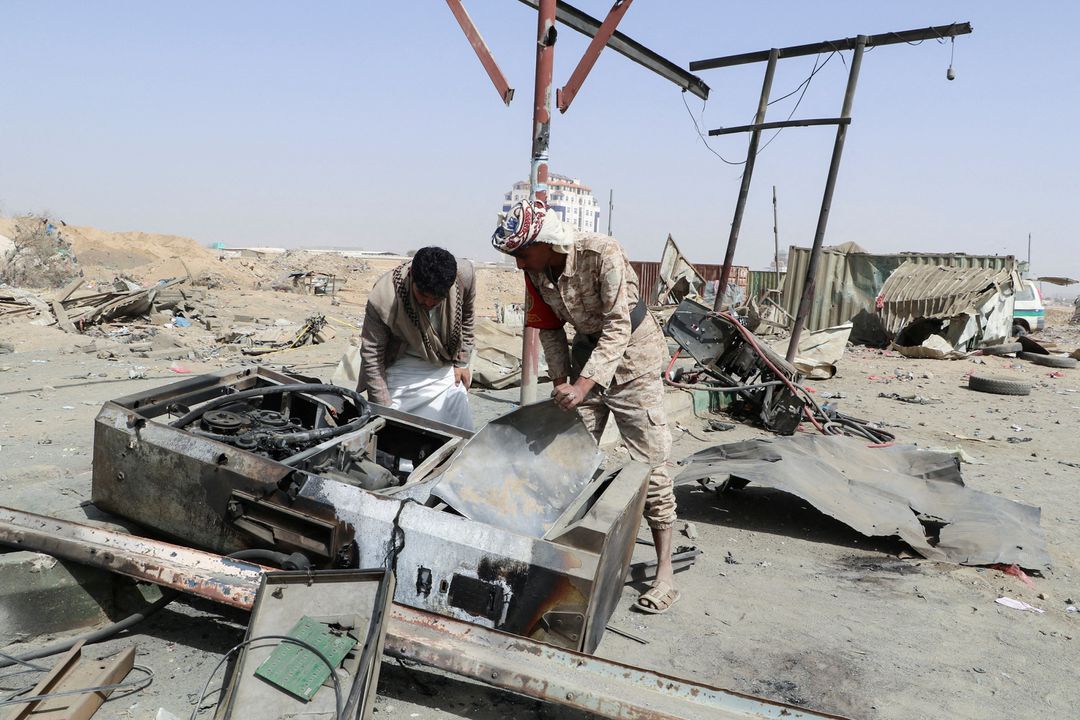
Climate-related disasters are becoming more frequent and severe in the Middle East and Central Asia than anywhere else in the globe, posing a “major threat” to growth and prosperity, according to IMF Managing Director Kristalina Georgieva.
Climate disasters in the region harmed and displaced 7 million people in an average year, according to a recent IMF report, resulting in over 2,600 deaths and $2 billion in property damage.
‘Droughts are wreaking havoc in North Africa, Somalia, and Iran. Infestations of locusts and epidemics in the Horn of Africa. Floods in the Caucasus and Central Asia have been devastating. The list of calamities is rapidly growing,’ in statements prepared for the World Government Summit in Dubai, Georgieva remarked.
According to the IMF report, temperatures in the region have risen by 1.5° C, more than double the global increase of 0.7° C, and already scant precipitation has become more unpredictable than in any other region.
Extreme weather disasters, according to Georgieva, often reduce annual economic growth by 1–2 percentage points per capita.
Such occurrences, she claimed, had resulted in a permanent loss of 5.5 percentage points in the gross domestic product level in the Caucasus and Central Asia subregion.
She urged all countries to adjust their economy to climate change problems, especially by adopting a slowly rising carbon price, increasing green investments, and working to guarantee a balanced transition across and within countries.
She praised the UAE, a major oil producer, for pledging to invest more than $160 billion in renewable energy by 2050 to achieve net zero carbon emissions. Egypt, on the other hand, was putting money into new irrigation techniques, education, and health care.
Climate adaptation policies must also be included in national economic strategies, according to Georgieva, because investments in robust infrastructure and greater flood protection could save economic losses.

Post Your Comments